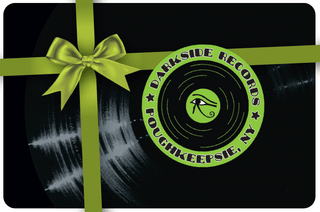The Royal Wind Music- Sweelinck: The Orpheus of Amsterdam

With The Royal Wind Music, we will make the music of the most famous composer of the Netherlands sound like it never sounded before. Our ensemble is often compared to a "walking organ". The idea of how the 'Sweelinck Organ' sounded in his own hands in the Old Church in Amsterdam stimulates our interpretation of his beautiful keyboard works. His vocal works are equally suitable for our much loved interpretations of vocal polyphony. Performed on our instruments built by Adriana Breukink, Bob Marvin, Monika Musch and Adrian Brown we can beautifully imitate the timbre of a choir. This new programme reflects the breadth of Sweelinck's diverse oeuvre. But not only will we introduce some of our most favourite keyboard and vocal works of the master: contemporary reflections on Sweelinck's music will contextualise these early works and transport us to the Amsterdam of today. The 'fantasy' Dance for Orpheus of Amsterdam, originally composed for us by Aspasia Nasopoulou, is a contemporary comment and amalgamation of instrumental and vocal playing, scored for four recorders with one of the players (Irene Sorozabal) doubling as a soprano soloist to boot. An improvisatory soundscape called Chain Reaction is a musical interplay and modern take on the theme of Mein Junges Leben hat ein End, one of Sweelinck's most famous works.
With The Royal Wind Music, we will make the music of the most famous composer of the Netherlands sound like it never sounded before. Our ensemble is often compared to a "walking organ". The idea of how the 'Sweelinck Organ' sounded in his own hands in the Old Church in Amsterdam stimulates our interpretation of his beautiful keyboard works. His vocal works are equally suitable for our much loved interpretations of vocal polyphony. Performed on our instruments built by Adriana Breukink, Bob Marvin, Monika Musch and Adrian Brown we can beautifully imitate the timbre of a choir. This new programme reflects the breadth of Sweelinck's diverse oeuvre. But not only will we introduce some of our most favourite keyboard and vocal works of the master: contemporary reflections on Sweelinck's music will contextualise these early works and transport us to the Amsterdam of today. The 'fantasy' Dance for Orpheus of Amsterdam, originally composed for us by Aspasia Nasopoulou, is a contemporary comment and amalgamation of instrumental and vocal playing, scored for four recorders with one of the players (Irene Sorozabal) doubling as a soprano soloist to boot. An improvisatory soundscape called Chain Reaction is a musical interplay and modern take on the theme of Mein Junges Leben hat ein End, one of Sweelinck's most famous works.





